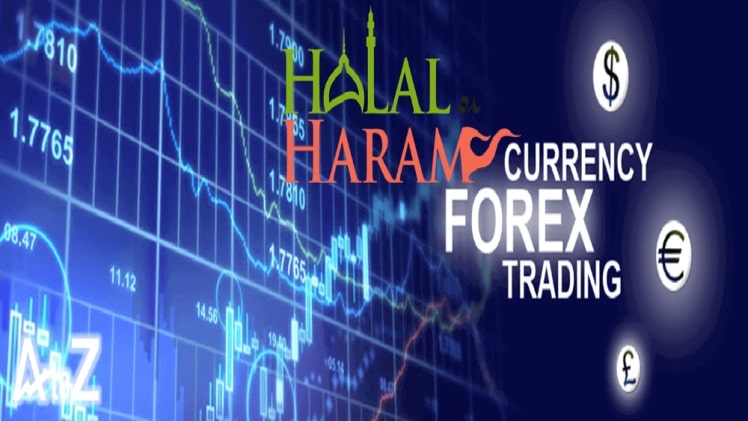Many people ask themselves, “Is Forex trading halal or haram?” They’re simply not sure. This article aims to provide some information. While the majority of the activities involved in Forex trading are permissible, there are some aspects of Forex trading that are not. The activities involved in Forex trading are not just detrimental to investors, but to society as a whole as well. The trading itself is usually a source of fraud and cheating and diverts the wealth of society. Forex investors also try to predict the value of currencies, which falls under the category of gambling or speculation.
Factors That Determine The Halal Or Haram
In the eyes of the Islamic faith, forex trading halal or haram, but it is not permissible for Muslims to engage in it. The practice of trading forex is similar to betting, though Muslims should be aware of the risks associated with this type of trading. While forex trading may seem like a risky venture, the goal is to profit from increases and decreases in asset prices. For example, trading the Euro against the dollar is not halal, but it is permissible if it is performed in a single sitting. Traders must avoid gaining from trading activities by paying or receiving interest.
The halal forex trading account does not involve swap positions. This is an important consideration because a halal account allows for long-term positions, and it is better for halal traders to avoid the high swap costs associated with exotic currency pairs. This way, they can avoid paying swap costs that could potentially break the Islamic ethos. While the Islamic Forex trading account can be a profitable venture for anyone, it should not be the only way to invest in the currency market.
If you’re not sure if investing in stocks is haram or not, it’s important to understand what’s forbidden and what’s allowed. Shares of companies that engage in prohibited activities, such as gambling or prostitution, are considered haram. However, it’s still possible to trade with companies that are haram as long as you donate a portion of your profits to charity. Here are some of the guidelines for avoiding haram stocks.
Statement Of Islamic Principles
According to Islamic principles, investing in stocks is not haram, as long as you don’t deal in haram companies or with alcohol. While you shouldn’t invest in companies that deal in gambling, betting or interests, you can buy halal stocks. In addition, halal stocks don’t have any haram practices, which means that you can profit from price appreciation or profit distribution without violating Islamic principles. Do you think is stocks haram?
In general, stocks are the most popular publicly traded investments, and they’re equivalent to ownership shares in a publicly-traded company. But before investing in stocks, it’s important to know the company’s business practices and determine if the income they generate is Sharia-compliant. Using a haram stock screener will help you avoid investing in these types of investments and ensure that you invest in companies that are compliant with Islamic teachings.
The Bottom Lines
It is important to note that speculating in the share market is considered gambling. In other words, you invest in shares with the hopes of gaining profits, which in many cases doesn’t happen. In contrast, investing in a business through shares and studying its financial statements is permissible as long as the business is a profitable one. If, on the other hand, the company isn’t profitable, you’ll likely have to bear losses, which means that you shouldn’t speculate.

